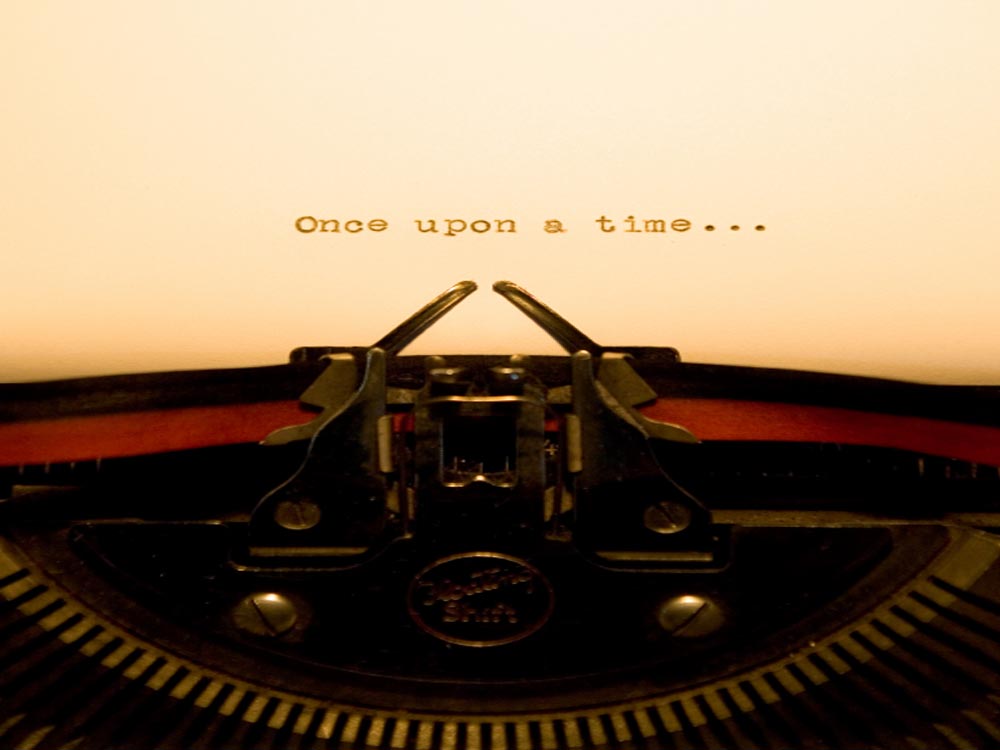Where to Begin?
Recently, a writer friend of mine told me that the opening line for one of my stories wasn’t really working for her. Like most negative feedback, it wasn’t easy to hear–but it will ultimately lead to a better story. Luckily, I wasn’t particularly attached to that opening line–it had already been changed several times:
- Shortly after I wrote my initial opening for the story, I knew it was a typical “throat-clearing” opener, in which I stalled while I figured out where I was really going to begin. Only my writer’s group ever saw that opening. That particular draft had a question next to the place I would actually open the story that said, “Start story here?” They agreed that I should.
- The next opening line stayed around for quite a while–perhaps a year? But I got feedback that it sounded too “modern” and gave the wrong impression of the character’s “voice.”
- The third incarnation of the opening line (which apparently wasn’t a charm ;)) no longer sounded modern, but perhaps too archaic, and was a little confusing to boot.

At first, I felt as though I was out of options (that’s probably actually never true in writing). And I felt a little sad that the opening line was causing me so much trouble, because opening lines used to come so naturally to me. In fact, they used to be the first glimpse of a story I would get. That hasn’t been my experience for several years … I think because I’ve tinkered with so many openings professionally, and read so much about the supreme importance of opening lines, that I no longer trust my first instinct for them. And now it seems that instinct has deserted me altogether.
This is a problem, since not having an opening line makes, well, opening a story daunting. I started with a not-so-great opening line for my Rapunzel novel because November had arrived, whether I liked it or not. In revisions, I gave it a better opening line. Now, I’m poised to begin my Dark Crystal novel, but I’m hung up on the opening line again, although my mind is swirling with images for the story itself that continue to come clearer and clearer to me. But without an opening line, I feel as if they’re all locked behind a gate I can’t open.
I know that’s not true. I can climb over the gate. I can bust it open. It may be messy, but at least I’ll be inside, and I can come back and fix it later.
My friend also offered some insight that makes me feel less daunted about the whole opening line conundrum, and which I think is good advice for any writer to follow, especially those who fill their brains with too much writing advice:
“Your opening … might be a victim of overthinking. It might be a problem of you trying to figure out what’s ‘right’ in writing, and not what’s right for your story. I think you need to figure out what the story needs, and not what the writing advice columnists need. Maybe the reason that opening lines had always come naturally to you is because that was before you spoiled your brain with too much writing advice.”
Indeed. Back when openings came easier to me, I was young enough that I felt I had plenty of “time” to become a successful writer. I wanted that, of course, but I didn’t feel like a failure for not having it yet. All I wanted to do was to tell that story, so I never put locks on any of the gates.
After letting it percolate for a bit, I do think I’ve arrived at a better opening for the story my friend read, and the story will be better for it. And I’ll come up with an opening for my Dark Crystal novel, too. I just have to be OK with accepting that it might not happen at the beginning.